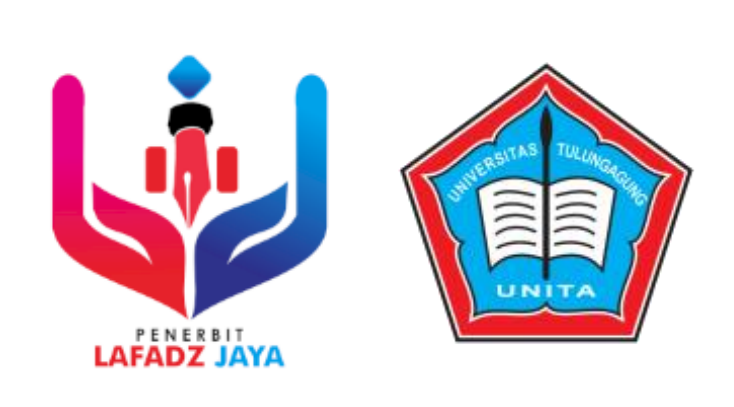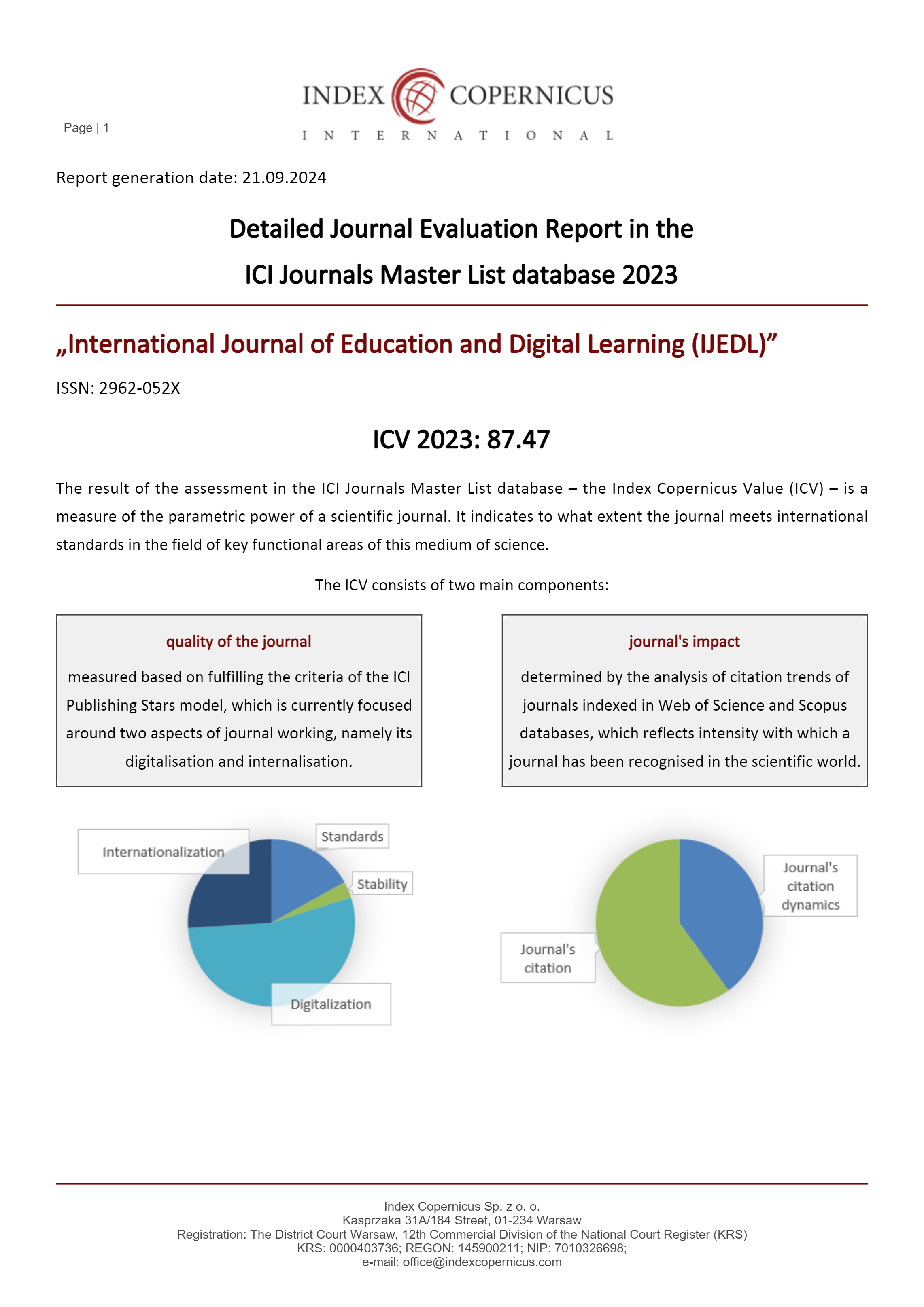Transforming Islamic Education through IT: Insights from Da'wah Practices in South Korea
DOI:
https://doi.org/10.47353/ijedl.v2i6.183Keywords:
Islamic education, Information Technology (IT), Da'wah Practices, South Korea, Online Learning, Virtual Communities, Religious Education, Digital TransformationAbstract
This article explores the transformative impact of Information Technology (IT) on Islamic education through insights gained from da'wah practices in South Korea. The integration of IT tools such as mobile applications, online courses, and social media platforms has revolutionized traditional methods of religious instruction, enhancing accessibility, engagement, and community building within the Muslim minority context. Drawing on qualitative research methods including interviews and case studies, this study examines the adoption of IT in Islamic educational initiatives, identifies challenges and opportunities, and discusses future trends such as virtual reality (VR) and augmented reality (AR) in religious education. The findings underscore the potential of IT to facilitate inclusive and dynamic educational practices while addressing socio-cultural and ethical considerations in an increasingly digital era.
Downloads
References
Abdullah, M. A., & Ahmad, S. (2020). Integration of Information Technology in Islamic Education: Prospects and Challenges. Journal of Islamic Studies and Culture, 8(1), 23-35.
Al-Azami, M. A. (2019). The Role of Mobile Applications in Islamic Education: A Case Study of South Korea. International Journal of Islamic Education, 7(2), 45-58.
Ibrahim, M. H., & Rahman, A. (2021). Social Media and Islamic Da'wah: A Study of Online Engagement in South Korea. Journal of Religion and Digital Culture, 5(1), 102-118.
Khan, F. A., & Lee, Y. S. (2018). Transforming Religious Education: The Impact of Technology on Islamic Learning in South Korea. Asian Journal of Education and e-Learning, 6(3), 67-80.
Lee, J. H., & Kim, S. H. (2022). Virtual Reality and Augmented Reality in Islamic Education: A Case Study from South Korea. Journal of Islamic Learning and Technology, 10(1), 88-104.
Rahman, H. A., & Haq, M. A. (2017). Challenges and Opportunities of Online Learning Platforms for Islamic Education: Insights from South Korea. International Journal of Education and Technology, 5(2), 36-50.
Saleh, A. H., & Lim, S. J. (2019). Impact of Information Technology on Islamic Education: Lessons from South Korea. Journal of Religion and Modern Society, 12(2), 145-162.
Seoul Islamic Center. (2020). Annual Report: Advancements in IT Integration and Community Engagement. Seoul, South Korea.
Statistics Korea. (2023). Population and Housing Census. Retrieved from [http://kostat.go.kr/portal/eng/](http://kostat.go.kr/portal/eng/).
Virtual Islamic Education Consortium. (2021). Online Courses and Resources Catalog. Retrieved from [http://www.viec.org](http://www.viec.org).
Ulumudin, I., Herdiyana, R., & Nurfatimah, N. S. (2023). Pentingnya Strategi Pembelajaran Vocabulary Bahasa Inggris Pada Anak Usia Dini. Banun: Jurnal Pendidikan Islam Anak Usia Dini, 1 (2), 21-26.
Ulumudin, I., Zenal Arifin, J., Bahrum, M (2024) Pendidikan Agama Anak Usia Dini di Madrasa Islamic Cultural Center Itaewon Seoul Korea Selatan. Banun: Jurnal Pendidikan Islam Anak Usia Dini, 2 (1), 17-22.
Downloads
Published
How to Cite
Issue
Section
License
Copyright (c) 2024 Ihya Ulumudin, Iis Basyiroh, Cepi Ramdani

This work is licensed under a Creative Commons Attribution 4.0 International License.













